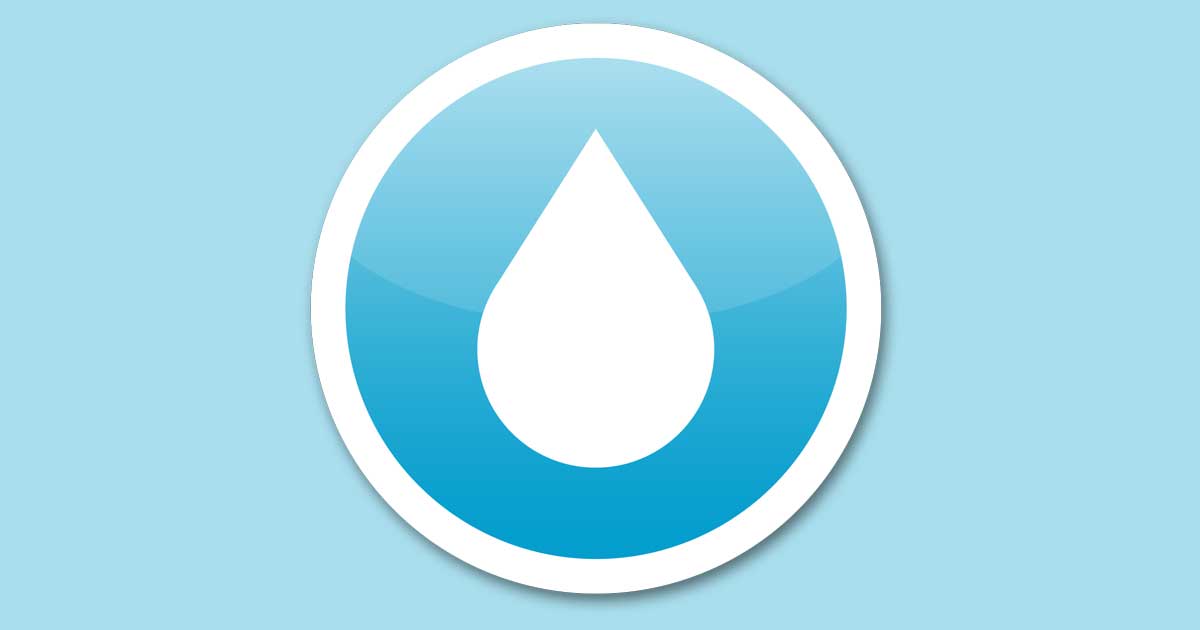To serve you better, we've assembled a list of our customers' most frequently asked questions. If you don't find your answer here, feel free to contact us.
What if I have an emergency after hours?
Our after hours emergency numbers are 812-697-1935 and 812-850-1030
How could I have used this much water?
You could possibly have a leaky toilet or faucet that's difficult to detect. Just call the office and we'll work with you to solve the problem.
What do I do if I am experiencing low pressure?
Check your meter and the surrounding area for possible leaks. If you have a water softener, set it to bypass and see if that resolves the problem- if it does your water softener needs maintenance. If these aren't the causes call the office at (812) 923-9040 and we can check the pressure at your meter.
Why is my water discolored?
A repair could have been completed recently allowing air to enter the line, causing the milky look.
My water tastes, looks, and smells funny. Is it safe to drink?
All public water systems are required to maintain a minimum chlorine level of 0.2 mg/L (tested at the end of each line) by state law. Our disinfectant levels are tested daily to ensure safety.
Why does debris come out of the faucet when running hot water?
Most likely your water heater needs to be flushed. CAUTION: Most manufacturers recommend hiring a professional to flush your water heater. If you plan on doing this yourself, read the owner's manual to keep from being hurt and or damaging the water heater. Sometimes, media in your water softener is released into your plumbing, causing debris. Another cause can be dirty or clogged screens.
Why do I have a previous balance when I know I sent in my payment?
We may have received it after the due date or we may not have received it at all. Call our office and we will help you solve the problem.
How do I determine where the water line is located on my property?
Before you dig, you must call Indiana 811. This service provides utility locates for the public portion of your water line. To determine the portion of your water line from the meter to the building, visit the Indiana 811 website www.Indiana811.org and select Resources then Private Locates.
